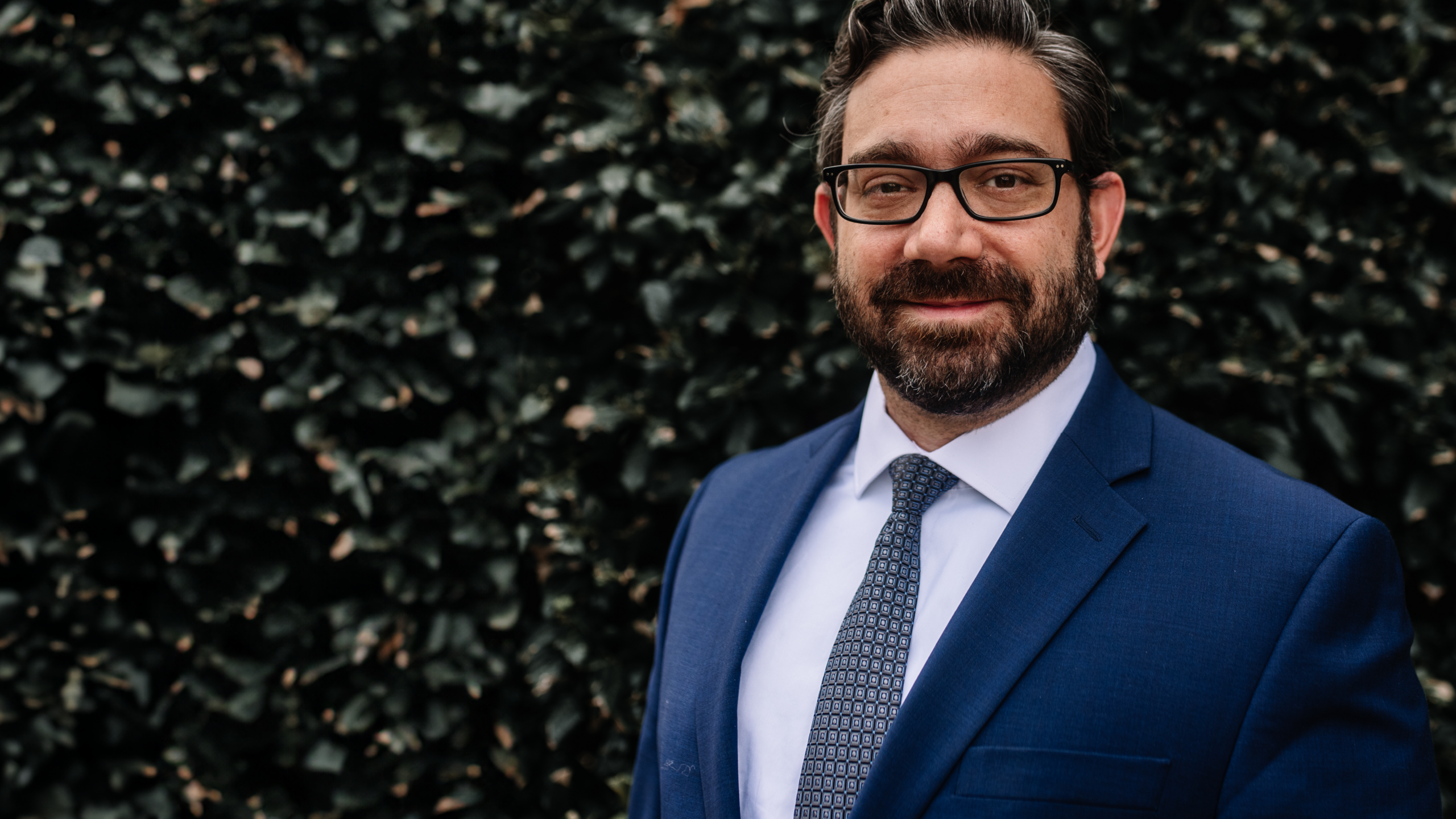Recently, Nell O’Leary caught up with Dr. Richard DeClue, the Word on Fire Institute’s Professor of Theology, to discuss his exciting new home in the Institute, a Theology Community for evangelists.
Nell O’Leary: Richard, you’ve recently launched a Community about theology and equipping evangelists to be able to understand and answer many foundational questions about what the Catholic Church teaches, why she teaches it, and what theology is all about. How have these first few weeks gone for you?
Dr. Richard DeClue: Overall, the first few weeks have been delightful for me. Of course, there are always the initial butterflies and technological issues to work out. But, in general, I have enjoyed the opportunity to think about and share my vision for this Community. I have also appreciated the intelligent engagement with members who have made insightful comments and asked profound questions. So far, the feedback has been positive; the members exhibit genuine interest in learning and engaging Catholic theology, and that’s exciting.
What’s really at the heart of the Theology for Evangelists Community? What makes this different than, say, watching lectures on YouTube or downloading a free e-course about Church teaching?
For me, the heart of this Community is the emphasis on the cohesiveness or intrinsic unity of Catholic theology. We will, of course, be covering a variety of theological topics over time, but the goal is to always emphasize their inter-connection as part of one mystery of faith.
It is different from most lecture series or e-courses on Catholic teaching because it is not merely about basic catechesis. Certainly, Church teaching will be a constant foundation for our conversations, but we do not want to stop with Catechetical instruction. We wish to explore the breadth and depth of the Catholic theological tradition, seeking an understanding of what we believe.
Relatedly, unlike many other programs, this Community will not focus on one theological “school,” so to speak. Admittedly, my own thought is largely influenced by Ratzinger/Benedict XVI, so his perspective will have a tremendous influence on the presentations. But, I am committed to discussing great theologians from across the ages. I want the members to become at least basically familiar with a variety of Church Fathers and Scholastics. We will learn about St. Thomas Aquinas and St. Bonaventure. We will learn from Communio theologians and twentieth century Thomists. In short, we plan to draw from the breadth of the tradition, rather than narrowly focus on one or two lines within the Catholic tradition.
I find profound fulfillment in helping others understand more so that they can love more.
You’re offering bi-weekly teachings, prompts for reading/discussion, engaging with members about their questions, creating a Community of real discussion and engagement. Why should someone join the Community, aside from all of these reasons?
To me, one of the primary motivations should be a desire to come to a more profound grasp of the Catholic faith that can fuel one’s personal prayer life as well as one’s evangelization efforts. One hope is that the theology encountered in this Community will make meditative prayer more efficacious. Another hope is that a more complete grasp of Catholic theology will enhance the members’ abilities to share and explain the depth and beauty of Catholicism on its own terms and not merely as a reaction against our detractors. Evangelization involves apologetically responding to non-Catholics’ questions and objections, but it should also include an ability to explain the faith positively according to its own logic and coherence, not always allowing the other to dictate where the conversation goes.
Why do people often feel intimidated at the thought of studying theology? How does this Community address this impediment and make it really available and approachable?
Theology is quite complex. One can study it one’s whole life and still only feel like one is scratching the surface. I know I feel that way. In that sense, it is intimidating. The task before me is precisely to make theology more accessible. I view my role as a simplifying one. We will, of course, have to discuss some difficult nuances and distinctions from time to time, but it is incumbent upon me to present such things as clearly and simply as I can and to respond to questions to help clarify when confusion remains. I certainly want members to be actively involved, to do some reading and reflecting. But, I do not expect them to read all of the sources that I will draw from for my presentations, which will serve as simplified synopses of the sources that make their content more readily digestible for the members.
Why are you passionate about teaching theology? I’ve seen you teach, and it’s very apparent you care about these topics and care about imparting them in a way that the average lay person can understand.
It may sound hokie, but the salvation of souls is my primary motivation. Our Catholic faith is a truly supernatural gift that has blessed me in profound ways. I want to share the treasures that I myself have first received so that others can benefit from the beauty of our faith and so that, in turn, they can share the joy of the Gospel with others. I find profound fulfillment in helping others understand more so that they can love more. To me, all of the intellectual aspects are ordered towards a more profound love of God and neighbor.
